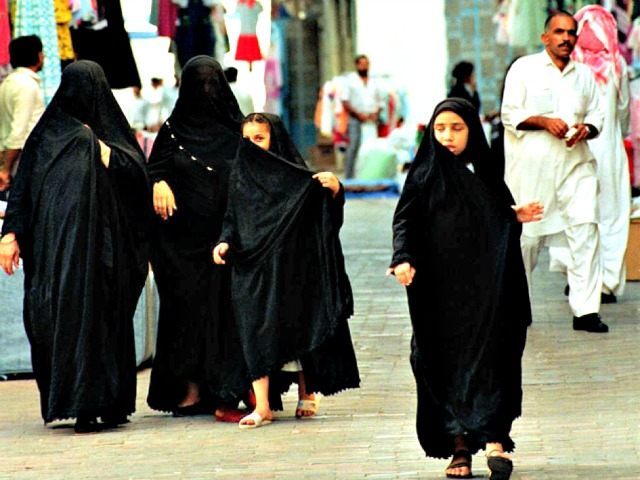Saudi Arabia’s discriminatory automotive policies against women have allowed for the ride-sharing app Uber to achieve great success, due to females having limited transportation options.
Majed Aboukhater, who heads Saudi operations for Uber, told ArabianBusiness that Uber expects to grow 50-60 percent in trips per months in Saudi Arabia in 2016, surpassingg an estimated 25-40 percent boost last year, . He commented that negotiations with Saudi regulators have been “extremely positive” compared to other countries’ hostility towards the app business.
Aboukhater claims Uber is offering a “new regulatory space” for women in the Kingdom, who are not allowed to drive.
Women, who are banned from operating vehicles, make up 70 percent of Uber’s customer base in Saudi Arabia, according to the report.
“Women can’t keep their jobs in Saudi Arabia because they have trouble finding reliable transportation to get to work, so how can we help,” Aboukhater said, speaking with ArabianBusiness from Uber’s office in Dubai. “I’m not worried about the future, because of the discussions I’ve been having. It leaves us in a place where we can work very closely with regulators to set up an industry.”
The San Francisco-based Uber has invested approximately $250 million dollars towards expanding its worldwide services into the Middle East and North Africa. The company has been operating in Saudi Arabia for about two years, according to the report.
Uber operates in the holy Islamic cities of Mecca and Medina, as well as the capital city of Riyadh, and the port cities of Jeddah and Dammam. The head of Saudi operations said he expects the service will be available in several more cities in the near future.
Leading Saudi clerics argue that female drivers would “undermine social values.” Saudi Arabia’s Grand Mufti has argued the ban “protects society from evil.” He has claimed that women will damage their ovaries from driving, leading to children born with “clinical problems.”
There is also a strict dress code for women, which is enforced by a self-appointed religious police force.
Additionally, women are not allowed to leave the country, apply for work, or enroll in higher education unless they receive permission from a male relative.
Some argue the women’s rights movement in Riyadh is slowly gaining traction. Recently, for the first time in its history, Saudi Arabia allowed for women to vote in elections, and 21 women won municipal posts throughout the country, according to election results.

COMMENTS
Please let us know if you're having issues with commenting.